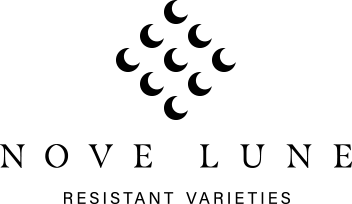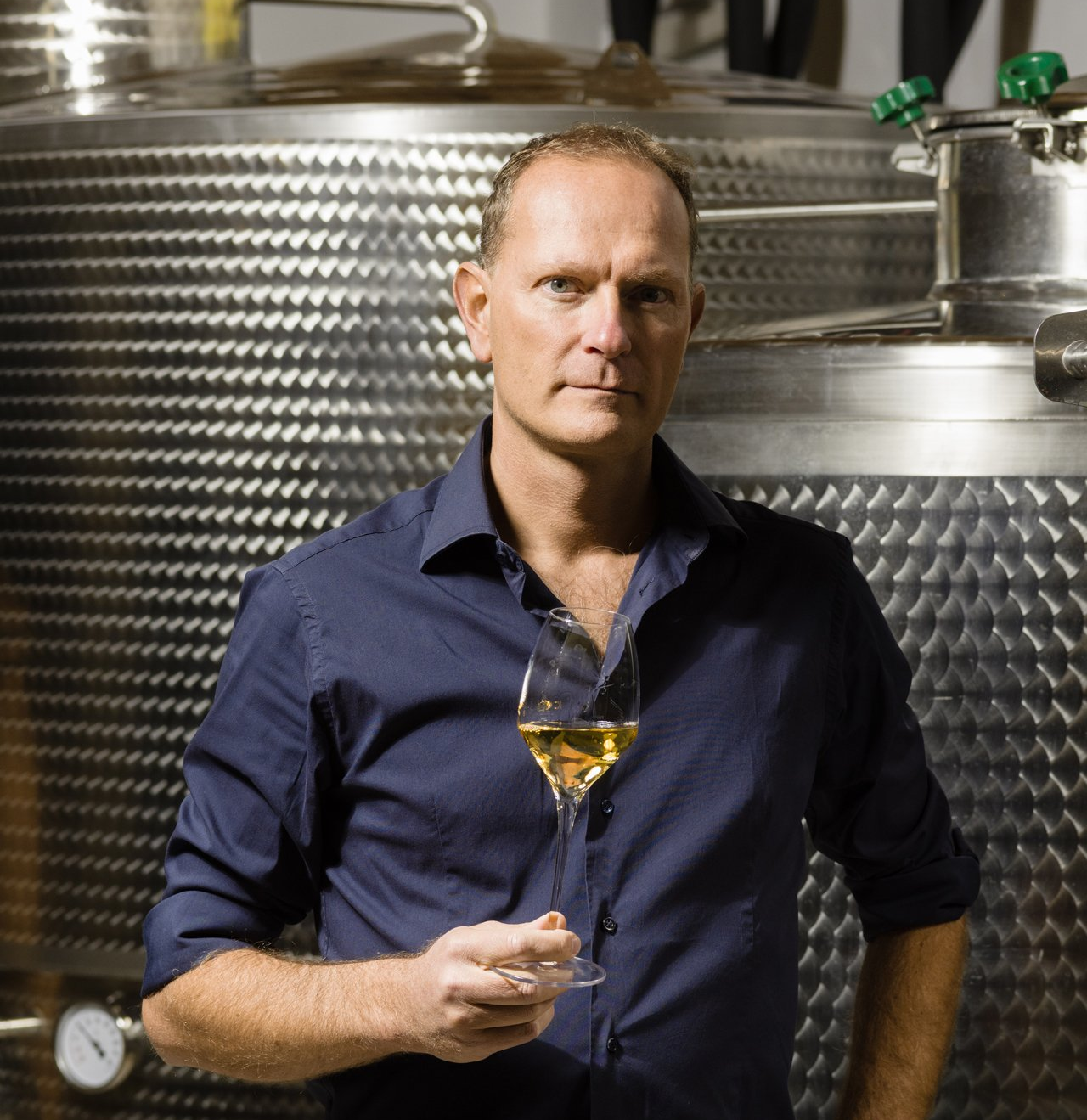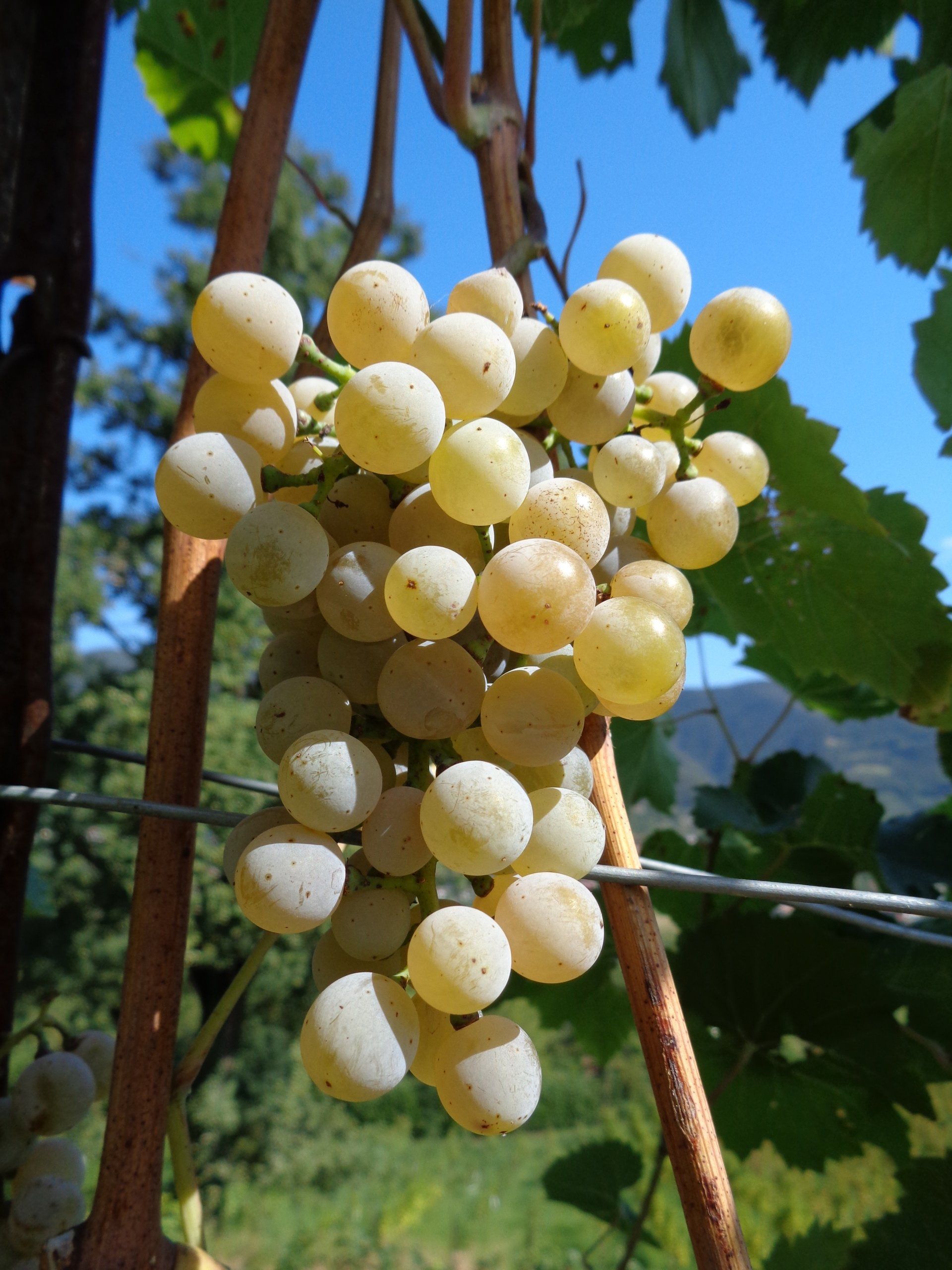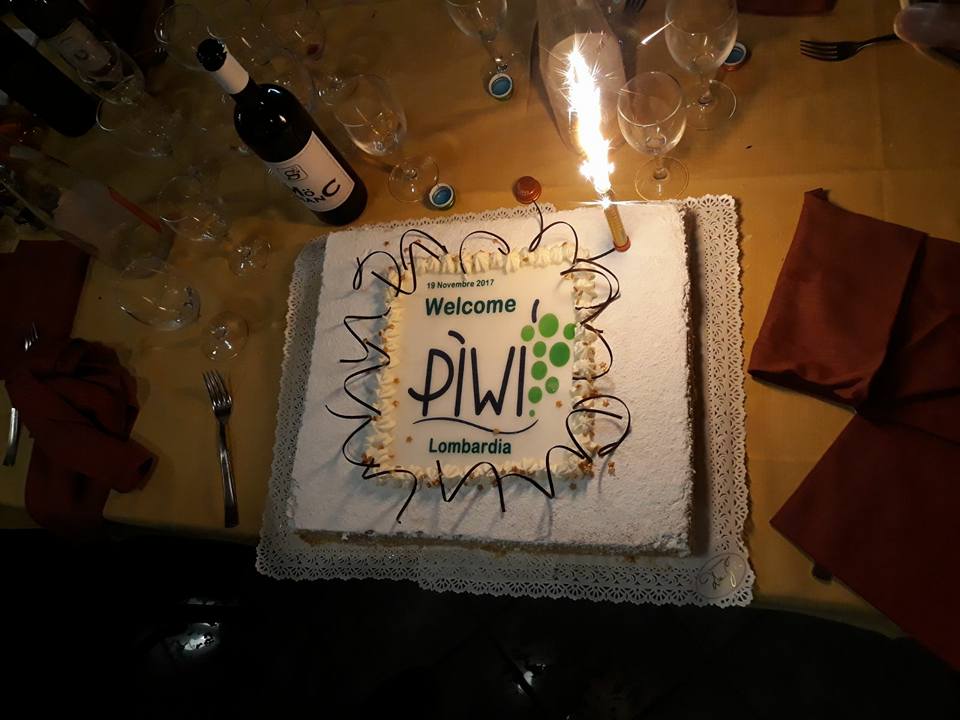"I wanted to be able to produce fine wines without polluting myself, the environment and the end consumer; I succeeded using resistant vine varieties”
Alessandro Sala
The vine varieties that naturally resist diseases such as downy mildew and powdery mildew make it possible to produce quality wines almost completely eliminating the use of fungicides, safeguarding the health of consumers and environmental integrity.
What is important in the years to come is to abandon all preconceived ideas, to identify the real problems that viticulture has and to solve them. In addition to polluting the environment, fungicides remain within the fruit with a certain amount of residue.
What are we really drinking ?
A wine produced with grapes with less fungis treatment would be a gift to our bodies and a huge step towards protecting the environment. This is not only organic or biodynamic viticulture, but modern and sustainable viticulture. We could easily develop a new, more qualitative viticulture, not only in the organoleptic characteristics of the wines, but towards the environmental ones. I am thinking in particular of vineyards located near settlements or schools, nurseries or parks where children play, educational farms or wherever there is close contact with populated areas. For years now, my goal has been to produce fine wines with less biological treatment, to spread knowledge about these vines to allow them to be used more widely among producers and consequently to protect the environment more effectively. I was therefore the promoter of the founding of the Lombardy PIWI association which brings together all the winemakers and enthusiasts of resistant vine varieties in our region.
Ecology is or should be the heritage of everyone and for Alessandro Sala, founder of the winery, this objective can only be achieved in a transparent way, through ethics and the art of living.
THE RESISTANT VINE VARIETIES
Resistant vine varieties are in no way genetically modified plants (GMOs) which are, by the way, prohibited by Italian law. This must be specified because the way to obtain a resistant vine variety is simply by crossbreeding (hybridization, breeding).
The cross can be made between varieties of Vitis vinifera (intraspecific crossbreeding) or between varieties of Vitis vinifera and varieties of other species of the Vitis genus (interspecific crossbreeding). A clear example of an intraspecific crossbreeding is the Muller-Thurgau, obtained from crossing Riesling and Madeleine Royale.
Because of their high tolerance to fungal diseases, the vine varieties known as “resistant” make it possible to abstain from using fungicides.
They are obtained by crossing a European vine variety whose grapes are of high quality, but which is not resistant to fungi, with another wild vine species that is highly resistance to fungus. After several crossings, a new variety is obtained with high quality grapes and high resistance to diseases.
The resistant varieties are called PIWI from the German pilzwiderstandfähig which means fungus resistant grapevines.
PIWI LOMBARDIA
The Lombardy PIWI association was founded on November 19, 2017 and is located in Cenate Sopra (BG) at the Nove Lune winery and refers to PIWI International. Lombardy is represented by a tight-knit group of winemakers who care about the philosophy of environmental sustainability. These are companies that for several years have cultivated resistant vine varieties (called PIWI from the German pilzwiderstandfähig which means fungus resistant vines) that allow to reduce a lot fungicidal treatments. These are grapevines which are also nicknamed "super-bio" for their characteristics. We are convinced we can produce very high quality wines without respect for the environment.
Lombardy is a densely populated region and vineyards are often in-town, close to homes, schools, educational farms, cycle paths, etc. Resistant vine varieties make it possible to reduce the use of plant protection products with obvious benefits for people.
We believe that today it no longer makes sense to speak of quality regardless of the healthfulness of the product itself. Our vines allow us to obtain quality wines in a context with a very low environmental impact.
The association is an important moment for producers to come together and discuss ideas. It also allows the right information on the region to be diffused by promoting our wines but most importantly, the philosophy that accompanies them which is that of greater environmental sustainability first and foremost, intended as safeguarding farmers, the environment and the end consumer.
